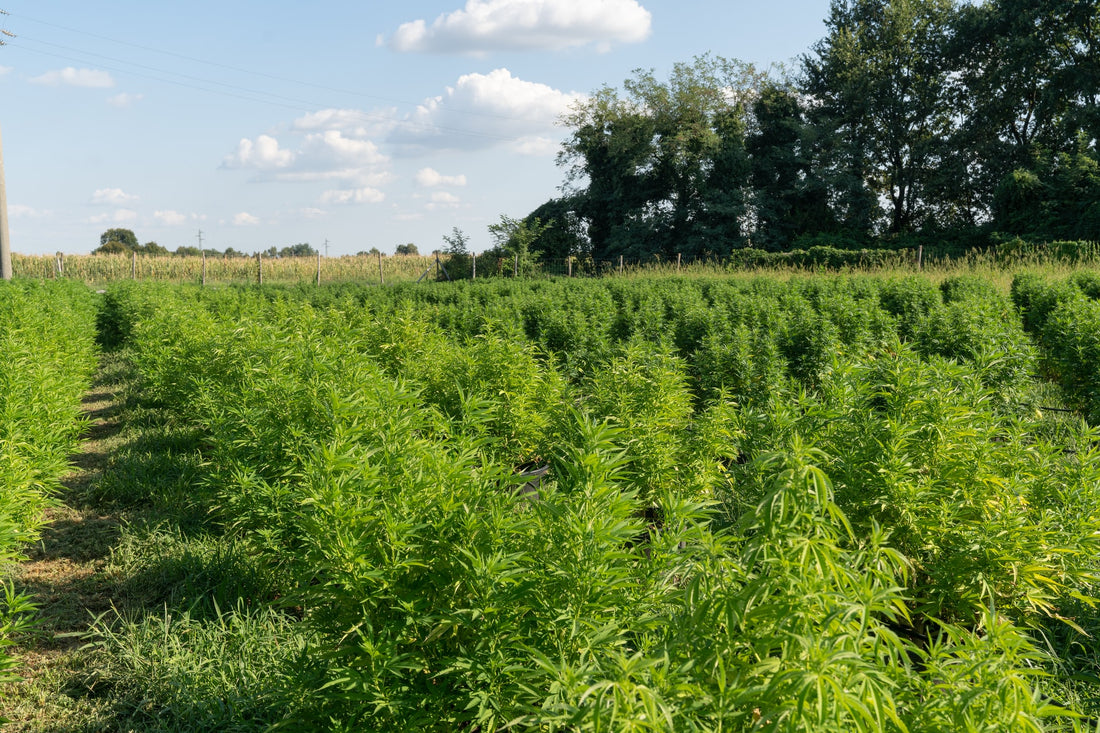What do you think of when you think of green? Cannabis? Sustainability? While some may insist that the two are synonymous, the reality isn't so crystal clear. As the cannabis industry grows in leaps and bounds, large corporations are putting profits before all else. Although there are plenty of brands, like Lowell Farms, doing their part to give back to the land, the modern industrialization of cannabis has led to some dirty practices. Join us as we take a look at sustainability in the cannabis industry.
Industrial Cannabis Has a Sizeable Carbon Footprint
If we think of cannabis as any other crop, we must acknowledge that it needs land, water, fertilizer, pesticides, and sometimes artificial lighting to have a significant yield. Of course, this can’t be helped for many who don’t have ideal growing conditions all year round, but the effect on the land is evident. Plus, some cannabis firms do not understand how to properly use pesticides and fertilizers, which can lead to bleed waste that contaminates the soil, water, and nearby vegetation. Also, due to concern about cannabis plants being used for illegal production, fibrous waste from harvests is often dumped in landfills rather than being composted. In addition, most types of packaging used by cannabis brands are not great for the environment, with single use-plastic reigning king of the smoke shop.
Environmentally-Friendly Practices
Although it is nowhere near as damaging to the environment as the food industry, we hate the idea that our favourite plant could be causing harm to the planet. Fortunately, there are several alternatives available. Here are environmentally-friendly practices that can help the cannabis industry:
-
Regenerative farming - A circular approach to farming, regenerative practices require farmers to give back what their yields take from the soil, seeking to prevent nutrient loss which also requires less use of chemicals per cycle.
-
Outdoor growing - This one will be tough for many Canadian operations, but if planned could still be a viable option for some.
-
Solar energy - Cannabis firms keeping their lights on with renewable energy is a great way to minimize their carbon footprint, while still getting the resources they need.
-
More sustainable packaging - Whenever possible, cannabis firms should opt for packaging materials that can be reused or recycled, like glass. Single-use plastic packaging is difficult to recycle, meaning it almost always ends up in a landfill.
-
Support hempcrete - Hempcrete is a solution to remedy the waste issue in the cannabis industry. Leftover plants from the harvest can be repurposed to make hempcrete, which is a carbon-negative material that many regard as the future of sustainable construction.

